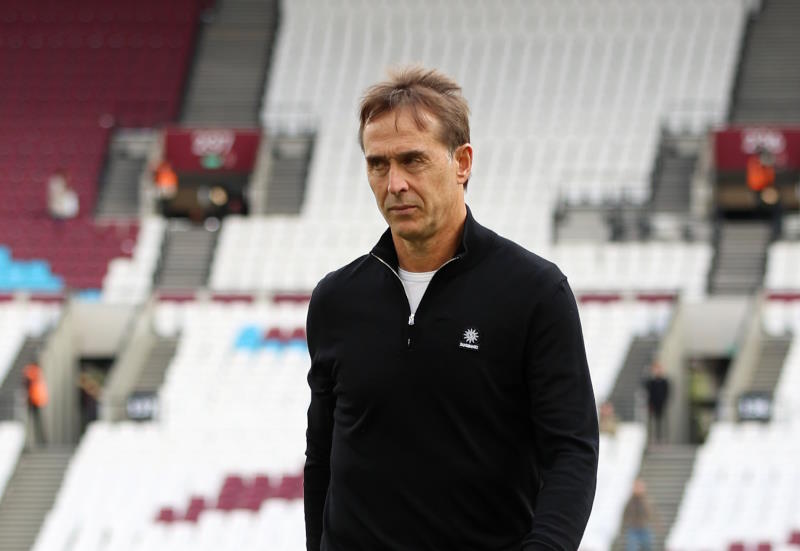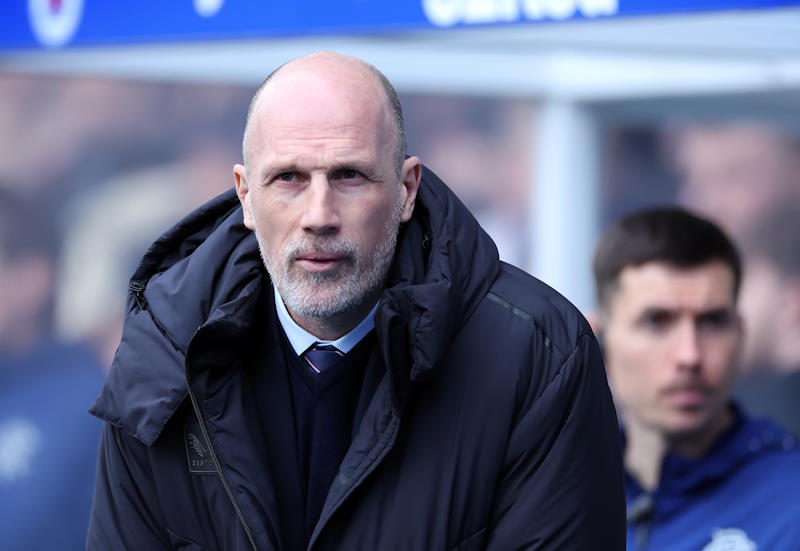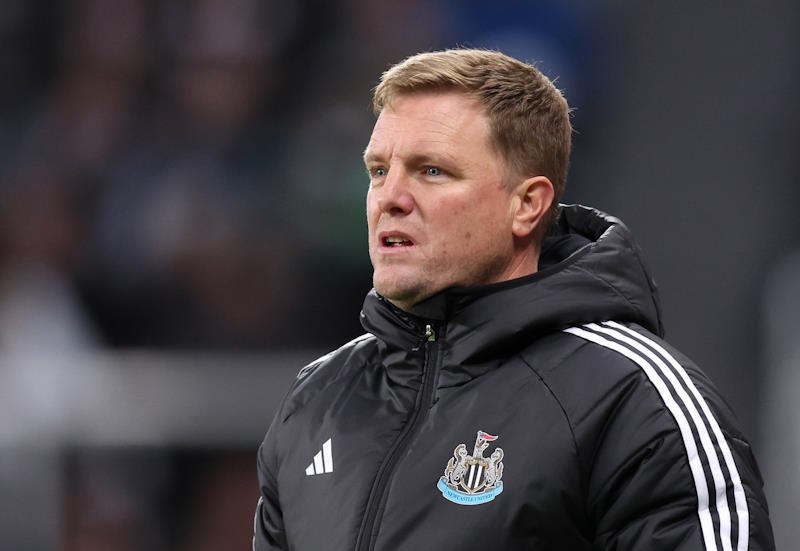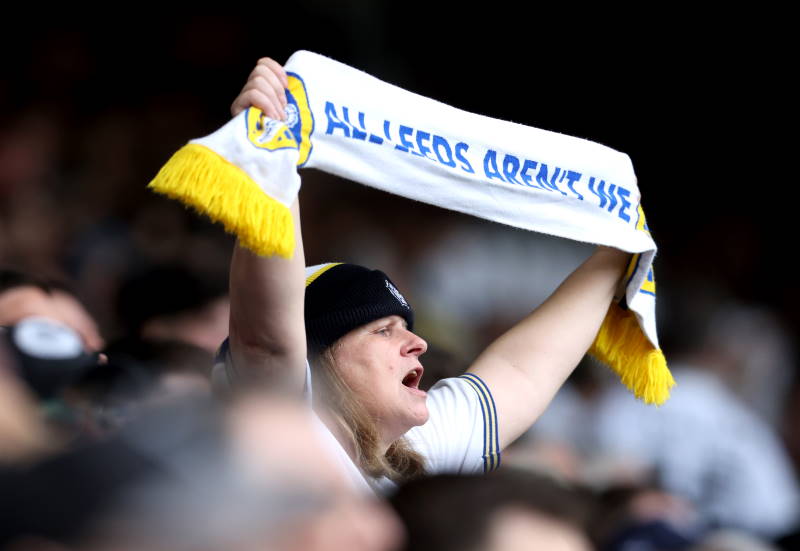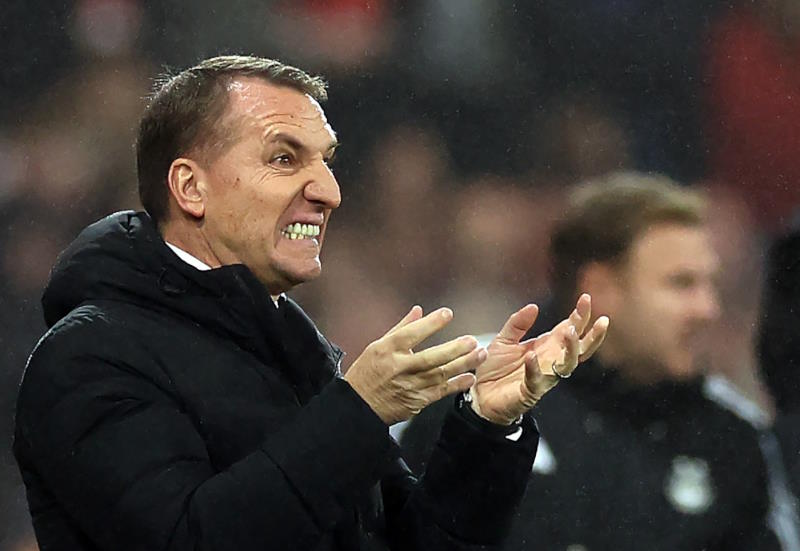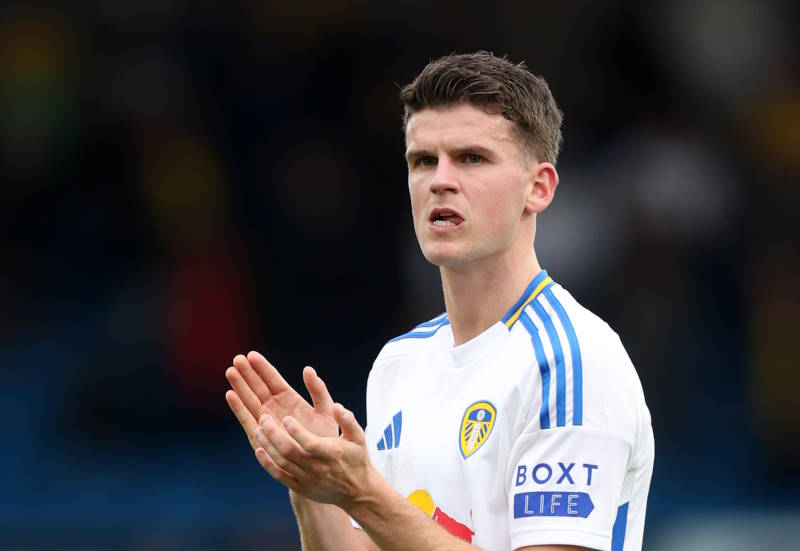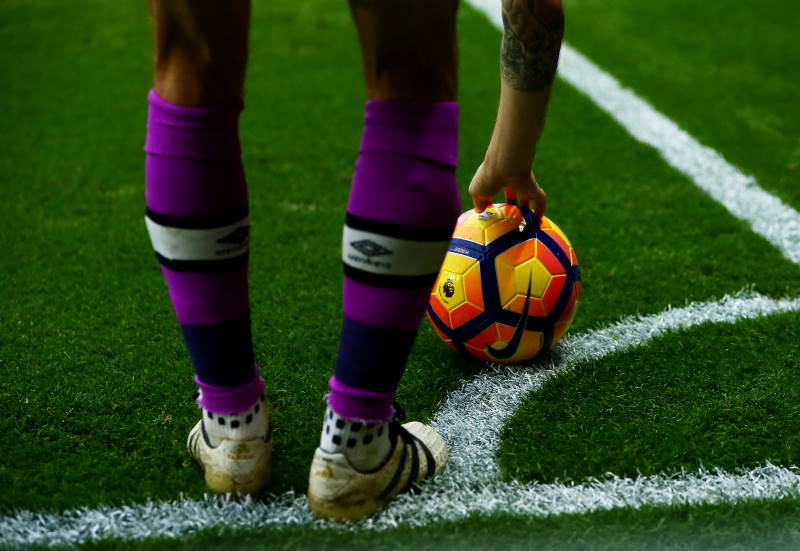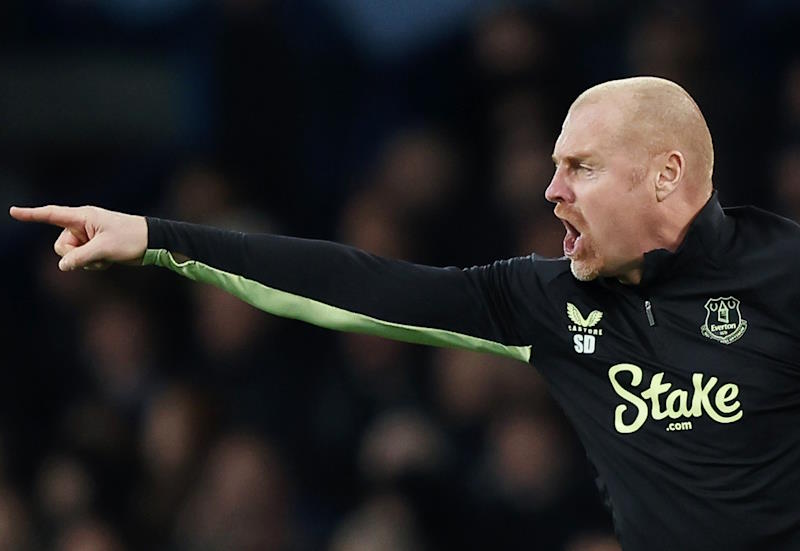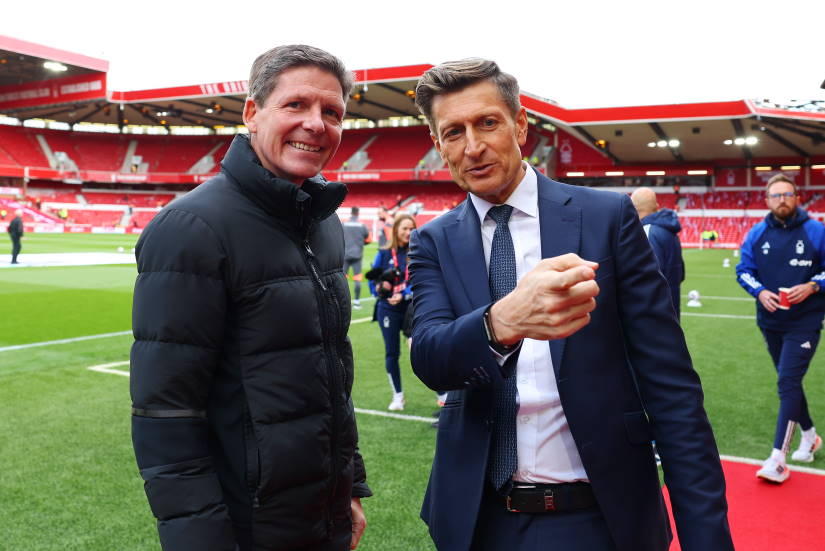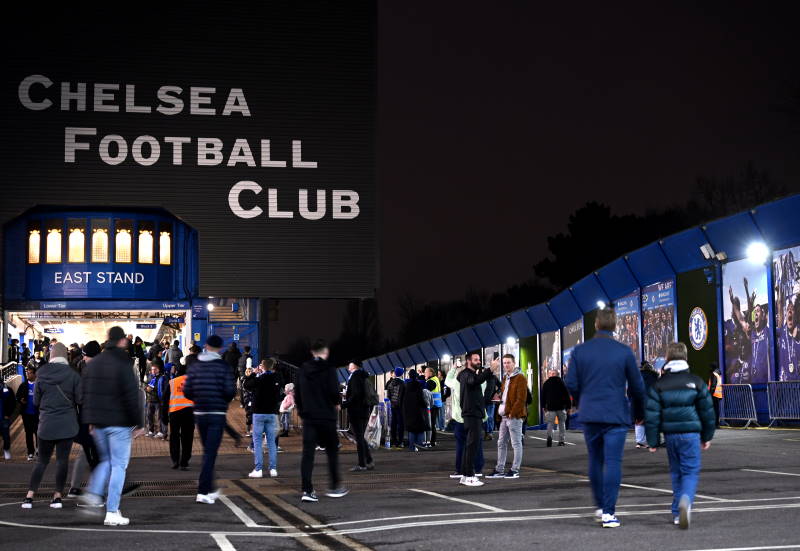Andy Buckley
Luis Felipe Scolari aka ‘Big Phil’ heads off to the bright lights of London to take the reins at Chelsea after failing to take Portugal beyond the Euro 2008 quarter-finals. The Portuguese were knocked out of the tournament after losing 3-2 to Germany and ended their association with the 59-year-old Brazilian who is due to take up his management post at Stamford Bridge on the 1st July.
Scolari is one of the world’s top coaches; a coach who has the enviable accolade of being a World Cup winner, and there are not too many of them in top flight management. On paper, this is a great coup for Chelsea as they prepare to go head-to-head with Manchester United again next season for the Premier League title. Chelsea fans will be waiting and watching in anticipation as ‘Big Phil’ moves to bring in the players that will shape his new Chelsea side.
Chelsea owner Roman Abramovich will no doubt splash out again but will want the Premier League title and/or the Champions League at all costs next season, so Scolari will have to deliver. We’ve already seen how finishing second best is simply not good enough for Abramovich in the case of Scolari’s predecessor Avram Grant. This pressure will only add to the difficulties at Stamford Bridge and Scolari may find it difficult to get it right first time.
Scolari was criticised for hinting that his move to Chelsea was purely for financial reasons and if this is the case, without the passion and motivation to succeed at Chelsea, he will fail and damage his hard-earned reputation.
Surprisingly, Scolari hasn’t been involved with the domestic game since 2001 after leaving Brazilian side Cruziero to take up the position of Brazil’s national coach. However, his international record is impressive having won the World Cup in 2002 with Brazil and reaching the final of the 2004 European Championships, the semi-finals of 2006 World Cup and the quarter-finals of this year’s European Championships with Portugal.
Club football is a different entity to international football though. As an international manager, in most cases, you have a group of well-drilled professional players who don’t require hands-on coaching, so the focus is on team tactics and motivation. As a club manager, it’s more intimate, you’re a tactician and motivator but you’re involved in every aspect of your players’ development both physically and mentally. This shouldn’t be too difficult for Scolari though as he is well-known for instilling a sense of team spirit into his group of players. He was often described by the Portuguese press as a ‘father-like’ figure who looked after his ‘sons’.
Some critics of Scolari state that he had an easy job in charge of two ‘self-sufficient’ international sides in Brazil and Portugal and that club football especially in another country may find him out of his depth. In his defence both jobs though were highly pressurised and Scolari delivered good results for an expectant football obsessed public. Not many coaches on the planet could have done much better.
His ability to adapt to life in England will be questioned and I wonder if the language barrier will be a problem at Chelsea. It will be interesting to see if Scolari follows England boss Fabio Capello’s lead and makes learning English a priority as not many foreign Premier League managers can function without learning the language.
It’s not just about the language though, will he be able to adapt to the English style of football, the culture or even the weather? Scolari will be the first Brazilian to manage a top-flight English club side and not many of his compatriots have taken to the English way of life over the years as few players have succeeded in the country.
However, this is not unchartered territory for Scolari as he has worked overseas before earlier in his managerial career. As a relative unknown in the ‘80s and ‘90s, he spent brief periods in the Middle-East and Japan so a job in England with one of Europe’s richest clubs is hardly going to faze him. Fortunately, Scolari will inherit Portuguese internationals Ricardo Carvalho, Paulo Ferriera, Jose Bosingwa who he knows very well. Fellow Brazilians Alex and Juliano Belletti will also await him in London and no doubt further Portuguese and/or Brazilians will join him at Chelsea.
Scolari as a coach is very animated and his temperament often draws attention to himself. On the pitch, my first recollection of him was when he orchestrated Brazil’s 2-1 win over England in the 2002 World Cup quarter-finals. His pointing, fist-clenching and incessant shouting from the sidelines made compelling viewing and no doubt spurred his team on to victory.
More recently, his aggressive behaviour hit the headlines during the final moments of the Euro 2008 qualifying game between Portugal and Serbia last year when went to punch Serbian defender Ivica Dragutinović in a moment of madness. Luckily, Scolari only grazed the Serbian’s face but he obviously has the potential to see red and give fictional England boss Mike Bassett a run for his money.
The ‘love affair’ between Abramovich and Mourinho soured very quickly at Stamford Bridge as result of the Russian’s meddling in transfer and team affairs so I am not optimistic about Scolari’s working relationship with the Russian billionaire. I don’t see Big Phil as a ‘yes’ man, nor can I envisage him biting his lip when Abramovich starts interfering in team selection and earmarking potential signings on his behalf.
Like the charismatic Jose Mourinho, Scolari will bring something different to the English game and I suspect he won’t be afraid to make his feelings known to the Chelsea board or to Alex Ferguson and Arsene Wenger in the technical area for that matter.

